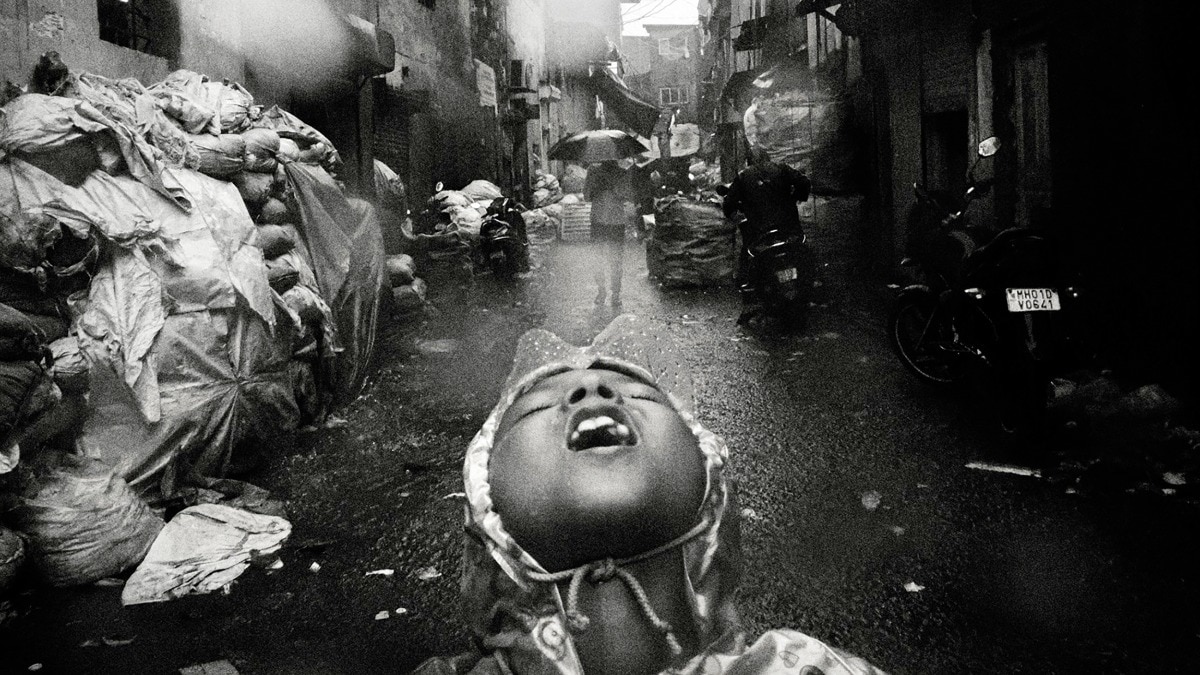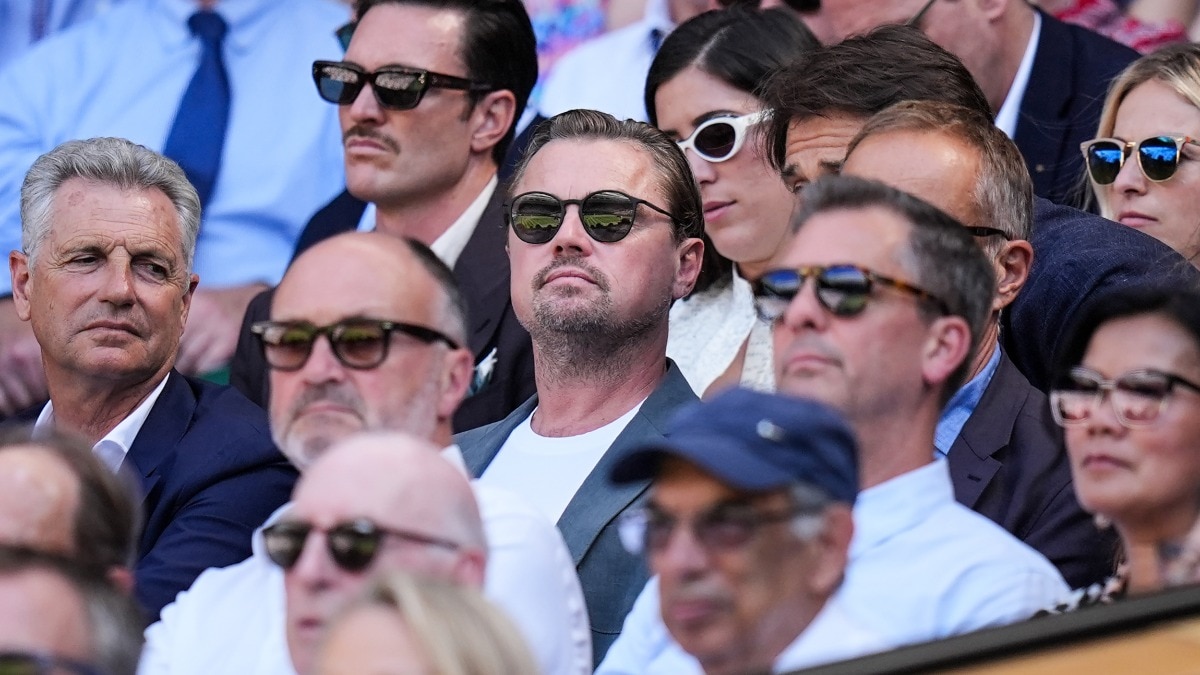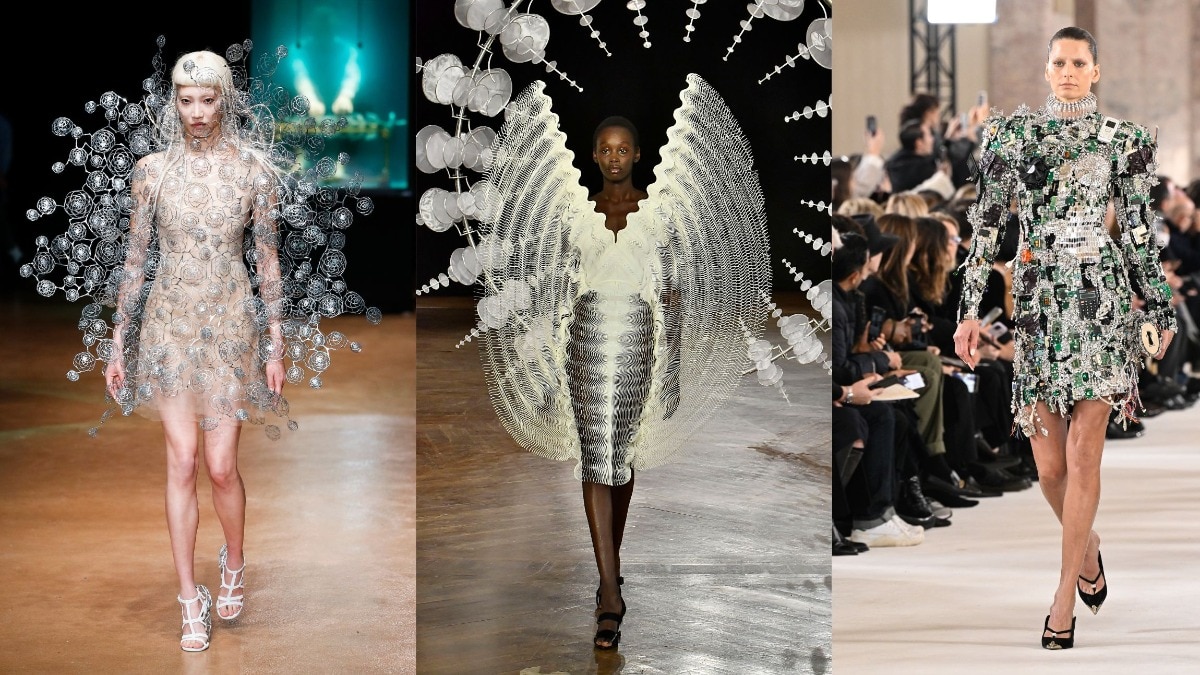
Books that gave us a glimmer of hope for a better future
They say hope is the last thing ever lost.


In a recent interview, comedian Hasan Minaj got candid with the 61-year-old former President Obama and said, “There is no way the ‘Hope’ and the ‘Change’ guy does not feel depressed. You are too smart not to feel depressed. You’re too intelligent.” To which, Obama responded, “When you see an entire school terrified because a gunman is walking in with weapons of war, if your heart’s not breaking, then something’s wrong with you. If you’re not stressed about climate change at a time when we’re seeing record forest fires and all this evidence that we’re not moving as fast as we need to. But the key is not to be blind to the genuine challenges and threats that are in front of us but also to think about how far we have come as humanity. You grew up and, in some ways, I grew up in this anomalous stretch of time in which even though bad things were happening, for the most part, the trajectory of humanity was things were getting better. We’re becoming less racist and less sexist and less homophobic and better educated and healthier…”
That’s the thing about hope; that’s the thing about a full-time optimist, who relentlessly hopes and incessantly strives for a better tomorrow. On the days when I feel helpless and question our ability to overcome our limitations and biases, I turn to full-time optimists who urge us to take action and maintain hope, no matter what it takes. Here’s a list of books that gave me a glimmer of hope, and wish they do the same for you.
Factfulness: Ten Reasons We're Wrong About the World – and Why Things Are Better Than You Think by Hans Rosling

According to author Hans Rosling, the term factfulness means ‘the stress-reducing habit of only carrying opinions for which you have strong supporting facts. The book asks simple questions about poverty, education, crime, and development, which readers have most often gotten wrong. Whether it’s about the rate of literacy for the girl child in India or anything else, the book states that we are wrong that “A chimpanzee choosing answers at random will consistently outguess teachers, journalists, Nobel laureates, and investment bankers”. Rosling and his co-authors offer a new perspective of looking at the world and the progress we have made. This is not to say there are no concerns at all, but the book urges us to believe and think a bit more positively.
What We Owe the Future by William MacAskill

What We Owe the Future is about how the history of humanity is not more than 5,000 years and that the future is bound to be millions more. The book dwells on how the future of billions of people—whether they suffer or live sustainable lives—depends on the choices we make in the present moment. He writes of the concept known as longtermism—‘the idea that positively influencing the distant future is a key moral priority of our time’. The book is a reminder of a responsibility towards future generations, an inspiration to take action today and make wiser choices for a hopeful tomorrow.
The Light We Carry: Overcoming in Uncertain Times by Michelle Obama

A personal favourite, this book by Michelle Obama is a heart-warming insight into the practical wisdom and powerful strategies that helped the former First Lady remain hopeful during uncertain times. Worldwide lockdown propelled her into finding a set of tools to cope with every challenge that came her way. From ‘starting kind,’ and ‘going high’, to assembling ‘a kitchen table’ of people you can trust, she takes us through personal experiences and practices that enabled her towards a higher level of empowerment. She emphasises the little things in life such as kindness, compassion, and empathy, and encourages the reader to develop these to become alive with boldness, hope, and strength.
The Book of Hope: A Survival Guide for Trying Times by Jane Goodall

Written amid the global pandemic and immense political upheaval, Jane Goodall explores one of the most important aspects of human nature—hope. The book presses urgently upon themes such as how to stay hopeful when things seem hopeless or how we can inculcate hope in our children. Through intimate dialogue, Goodall writes off four elemental reasons to stay hopeful—the human intellect, the resilience of nature, the power of young people, and the indomitable human spirit. She narrates the story of how she became a messenger of hope through the many experiences that shaped her worldview and encourages the reader to strive for higher levels of hope.
How to Avoid a Climate Disaster: The Solutions We Have and the Breakthrough We Need by Bill Gates

Perhaps one of the most pressing issues of our times is the serious and irreversible consequences of climate change and global warming. How to Avoid a Climate Disaster by the self-admittedly full-time optimist, Bill Gates writes about the lessons he has learned over a decade of extensive research and activity in the field and envisions how the world in its current state can build the solutions it needs to avoid a climate disaster. His work as a founder and technologist shaped his perspective on how innovation can change the world. He draws on years of history and data to state how urgent the problem is, yet remains rooted in his hope for overcoming it. “The debate is complex, but I believe we can come together to invent new carbon-zero technologies, deploy the ones we have, and ultimately avoid a climate catastrophe."










